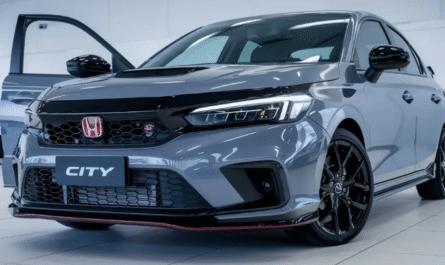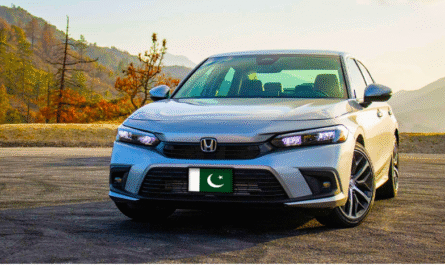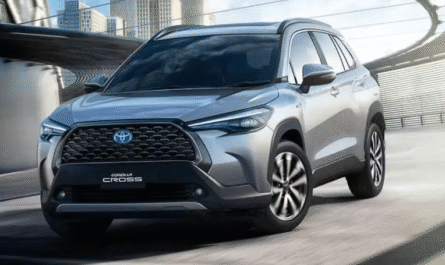Changan Automobile is making bold moves to expand in Europe—not just with imports, but with plans for local presence and a future factory.
🌍 What’s Happening
- EV roll-out this year: Changan is launching its electric SUV, the Deepal S07, across 10 European markets starting April—with launches in Norway, Denmark, Germany, Netherlands, and later the UK and others in 2025
- More models coming: Deepal S05 arrives later in 2025, followed by the E07 and hybrid variants by early 2026 .
🇪🇺 European Expansion Strategy
- Local sales & service network
- Targeting over 1,000 dealerships across Europe, with nearly 200 dealers by end‑2025 .
- Signed early distribution deals in Norway (Motor Gruppen), with showrooms already open in Germany and UK footholds established .
- Localized development & workforce
- Investing in European R&D/design—including teams in Turin and Munich, totaling 500+ local designers.
- Committed to hiring 1,000+ staff across Europe .
- “In Europe, for Europe” promise
- Plans to build a factory in Europe, part of its strategy for localized production and tariff avoidance .
- Zhu Huarong, Changan’s chairman, emphasized this commitment during announcements and events.
- China’s Changan plans European factory, executive says.
🏭 Why It Matters
- Overcoming EU tariffs: With tariffs up to 38% on Chinese-made EVs, local production becomes vital—echoing moves by rivals like Stellantis and BYD.
- Long-term competitiveness: A European factory can improve price competitiveness, reduce logistics costs, and foster trust with local customers.
- Chinese EV wave: Changan joins other major Chinese OEMs building plants abroad—such as in Egypt, Thailand, Kazakhstan—cementing its global ambitions .
✅ Final Take
Changan’s European strategy is evolving from an import-based entry to a full-scale local presence. With sales underway, a dealer network growing fast, and strong signals toward a European factory, the company is positioning itself as a serious player in the continent’s electric vehicle landscape.
If their production presence goes live, it could mark a turning point in how Chinese automakers compete abroad—mirroring the globalization stories of Japanese and Korean brands in past decades.



